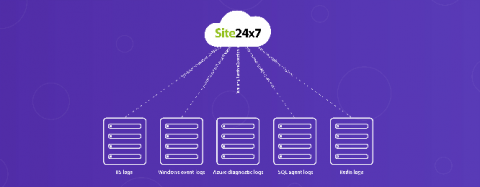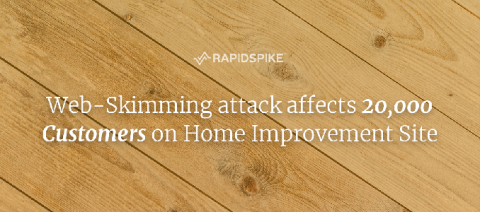Securing Kubernetes with Open Source Falco and Logz.io Cloud SIEM
In a previous blog post I discussed the complexity of securing Kubernetes environments, and some best practices. Unfortunately, even if we follow best practices in setting up and configuring our system, we can never eliminate all the vulnerabilities.









